Across numerous African regions, the circulation of goods often relies heavily on second-hand markets and the passing down of items. Despite this, many people still dispose of belongings they no longer require, even as others nearby face financial hardships that prevent them from acquiring these essentials.
In 2024, Ugandan software engineer Namwanza Ronald identified this disconnect and launched Neibar, a mobile application designed to facilitate the free exchange of used items. This platform aims to prolong the usefulness of possessions while addressing the needs of economically disadvantaged households.
Ronald’s vision centers on minimizing waste and bridging socioeconomic disparities within African communities by simplifying and dignifying the act of giving away pre-owned goods. The app uses geolocation to enable users to list items from their homes, schools, or workplaces that they wish to donate, allowing neighbors to claim them effortlessly.
“Most existing marketplaces for second-hand goods focus on transactions involving buying and selling, which leaves a significant void,” Ronald explained. “Neibar was created to fill that void by promoting waste reduction and social equity, making the process of giving purposeful, accessible, and free from stigma.”
Functionality and User Experience
Currently available on Android devices, Neibar requires users to register with basic personal details and their location. This setup enables them to discover items being offered for free within their vicinity.
The user interface categorizes listings into sections such as household items, apparel, and educational resources, making navigation straightforward.
When someone posts an item, neighbors receive email alerts and can reserve the item on a first-come, first-served basis. The app includes encrypted messaging, allowing donors and recipients to coordinate safely and arrange pick-up at secure public venues.
“We advise users to meet in well-known, safe public spaces like community centers, coffee shops, or parks to exchange items,” Ronald noted.
To prevent exploitation of the platform for commercial gain, Neibar restricts users to reserving a maximum of five items daily. Additionally, the system monitors activity patterns and flags accounts that repeatedly reserve items in quick succession.
Connecting Generosity with Genuine Needs
The benefits of Neibar are tangible and immediate for many recipients. For instance, Sabbi Derrick, a computer science student at Makerere University, struggled to keep up with his studies due to the lack of a personal laptop. Borrowing from friends was insufficient, and purchasing one was financially out of reach, with prices ranging from UGX600,000 ($171) to UGX700,000 ($200).
“I was really in need,” Derrick shared. “Laptops are costly here, and I couldn’t afford one at the time.”
His situation improved dramatically after discovering Neibar on social media. Through the app, he received a donated laptop from someone in his neighborhood, which he now uses for his academic work and to develop technical skills.
“Having this laptop has helped me advance in my studies and learn new tech abilities,” he said.
Similarly, in Kenya, Nabatte Kevina turned to Neibar to find essential items for her daughter. She was able to secure a bed through the app, alleviating the financial burden of purchasing new furniture.
“Although the selection was limited, I managed to get a bed for my daughter, which was a big relief,” Kevina remarked.
Growth, Funding, and Future Prospects
Uganda remains Neibar’s primary market, with slower adoption rates in Kenya, Nigeria, and South Africa. Outside the African continent, the app has seen minimal traction, largely due to the absence of local advocates promoting its use.
Currently, the platform operates on self-funding supplemented by modest family contributions. Ronald emphasizes that Neibar will continue to offer its services free of charge, as introducing fees would contradict its mission to provide stigma-free, costless giving, especially for families unable to afford even second-hand goods.
While the app’s model does not attract traditional venture capital investment, Ronald acknowledges the ongoing financial demands of maintaining the technology and infrastructure necessary to keep the platform operational.
To ensure sustainability, Neibar is actively seeking partnerships and external funding opportunities that align with its core values, aiming to secure long-term support without compromising its commitment to free access.
“We don’t have external funders at the moment, but we are exploring collaborations and funding avenues to responsibly maintain the platform,” Ronald said. “Securing financial backing would be a significant milestone.”
Looking ahead, Ronald envisions establishing a circular economy by collecting items at the end of their usability and recycling them into new products, fostering local sustainability.
“Our goal is to create a system where the final recipient of an item can return it for recycling, transforming it into something new and supporting a sustainable cycle,” he explained.


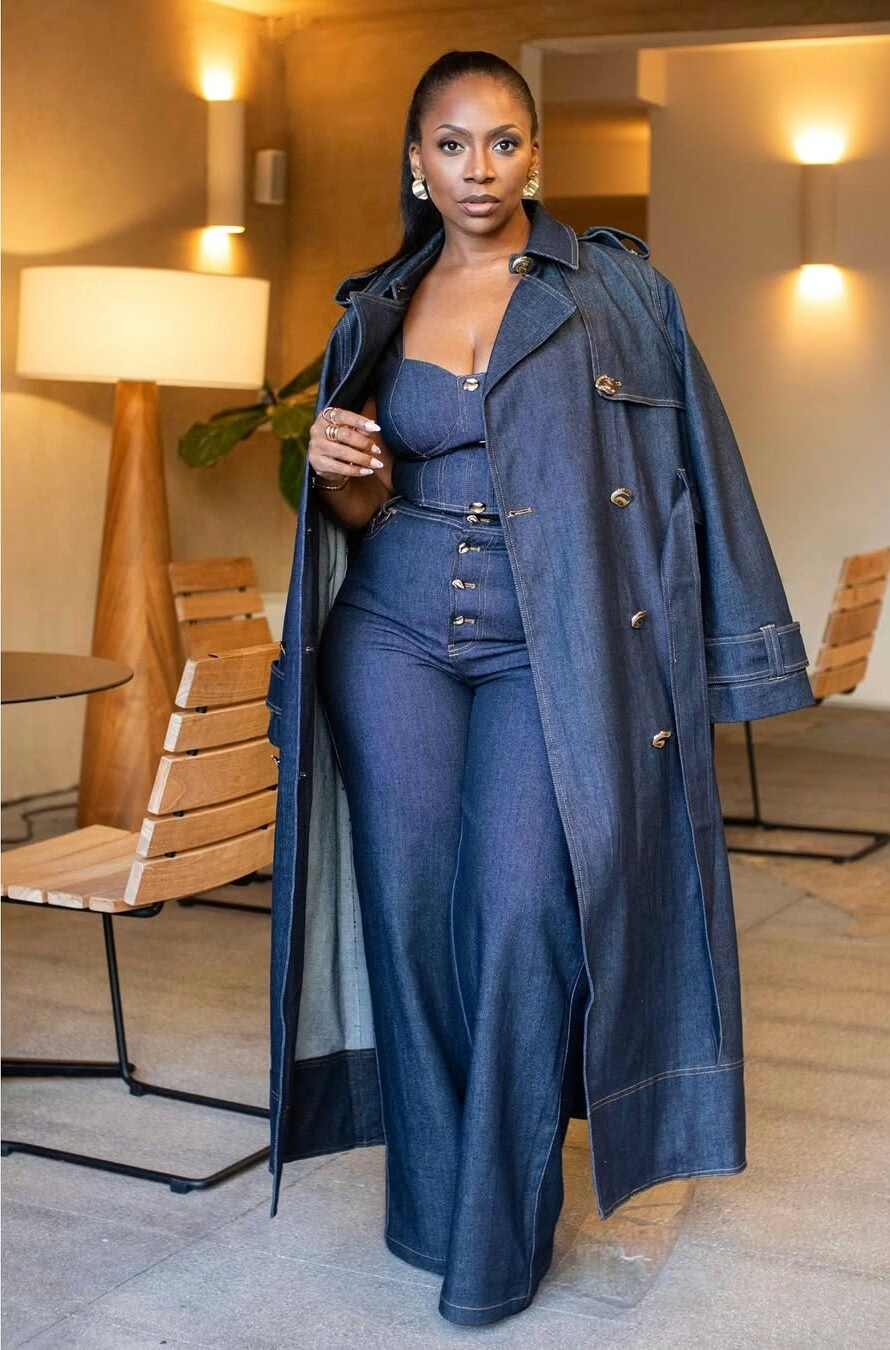




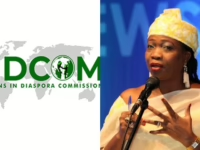

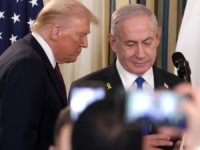


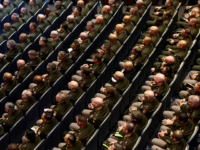
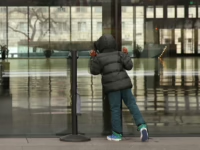
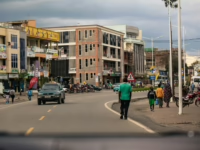

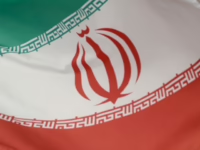
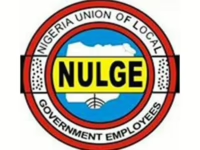

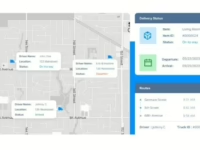

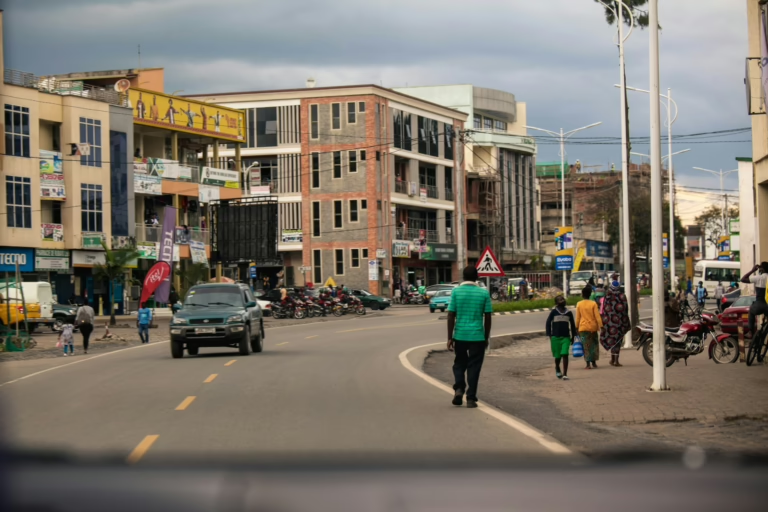


0 Comments